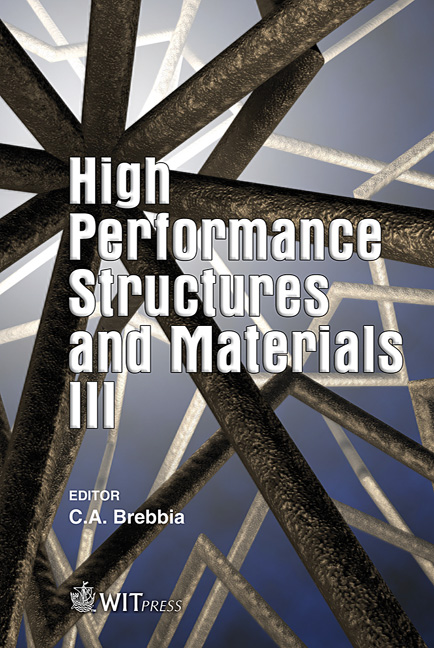The Strength Effects Of Synthetic Zeolites On Properties Of High Performance Concrete
Price
Free (open access)
Transaction
Volume
85
Pages
10
Published
2006
Size
625 kb
Paper DOI
10.2495/HPSM060441
Copyright
WIT Press
Author(s)
P. Frontera, S. Marchese, F. Crea, R. Aiello & J. B. Nagy
Abstract
The influence of several kinds of synthetic zeolite as mineral admixtures on the workability and performance strength of mortars cement and concrete has been investigated. In the first series of experiments zeolites have been used to replace 10% of cement in the preparation of mortars. The second series of experiments have regarded the preparation of high performance concrete. In order to evaluate the influence of alkali cations, two different forms of zeolite A have been used with one sodium (NaA or 4A) and the other with calcium (CaA or 5A) and also to evaluate the filling effects of particles zeolites 4A and 5A with different crystals sizes have been used. Furthermore we have used three types of cement with a different content of clinker: CEM I 42.5R, CEM II/A-S 42.5 R and CEM III/A-S 42.5 N. Every prepared sample has been water-cured at 20°C for 2, 7 and 28 days. The results of samples (mortars and concrete) made with zeolites were compared with those obtained with silica fume, usual fine material used in the preparation of high performance strength concrete. Keywords: admixtures, zeolites, mortars, concrete, compressive strength. 1 Introduction High strength concrete exhibits the rheological, mechanical and durability properties better than those of conventional concrete. The use of high concrete results in many advantages, such as reduction in beam and column sizes and increase in the building height. Moreover high strength concrete can perform much better in extreme and adverse climatic condition, reducing maintenance and repair costs. Silica fume is among one of the most recent pozzolanic
Keywords
admixtures, zeolites, mortars, concrete, compressive strength.





